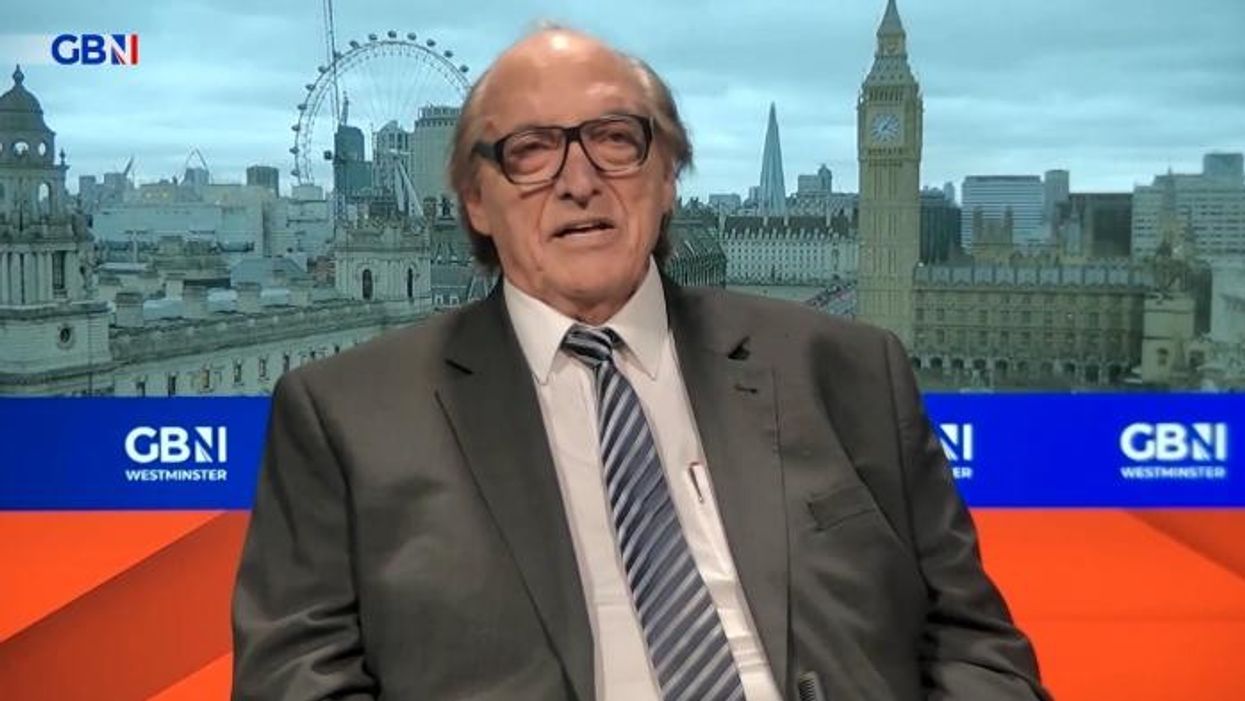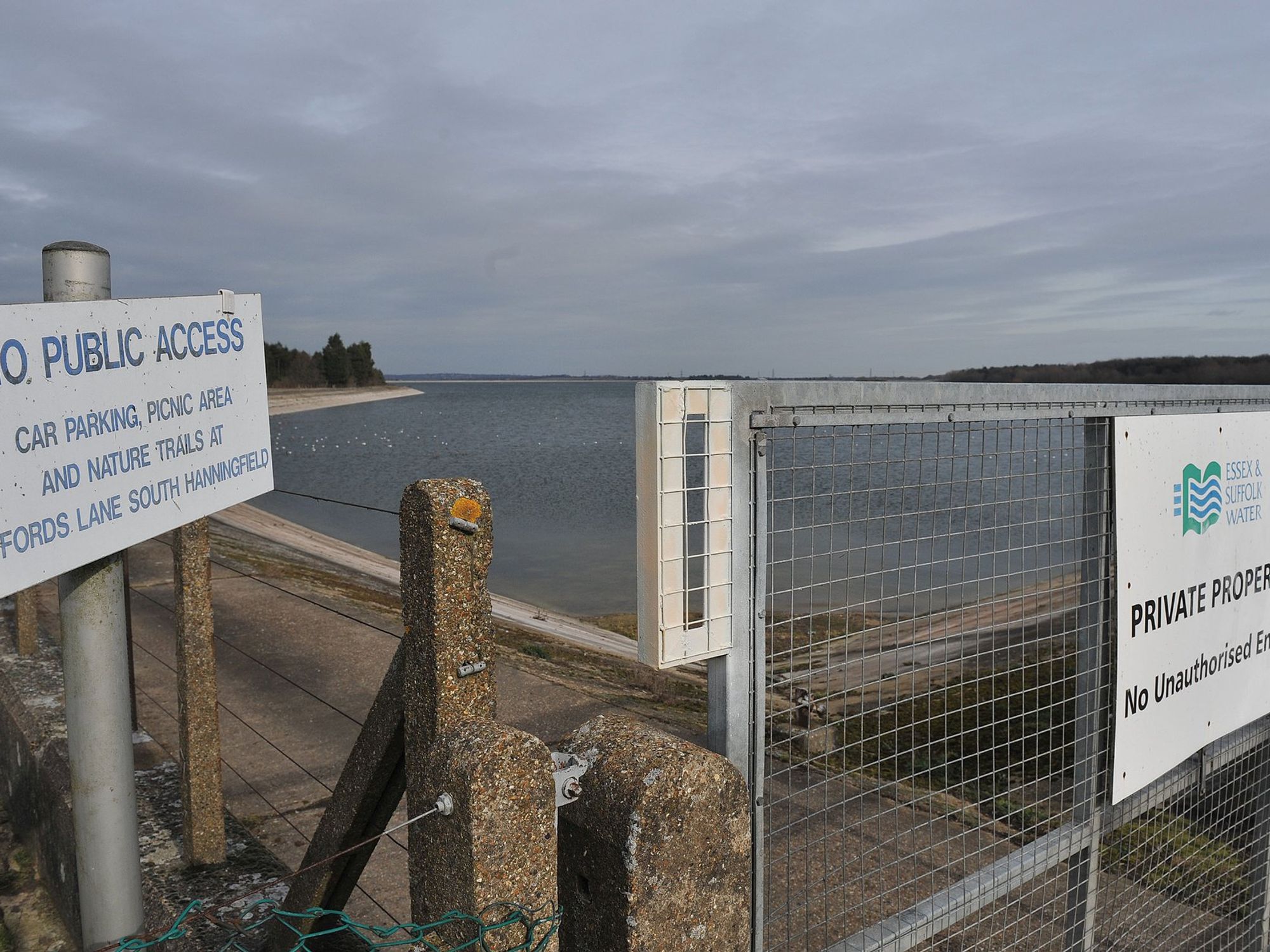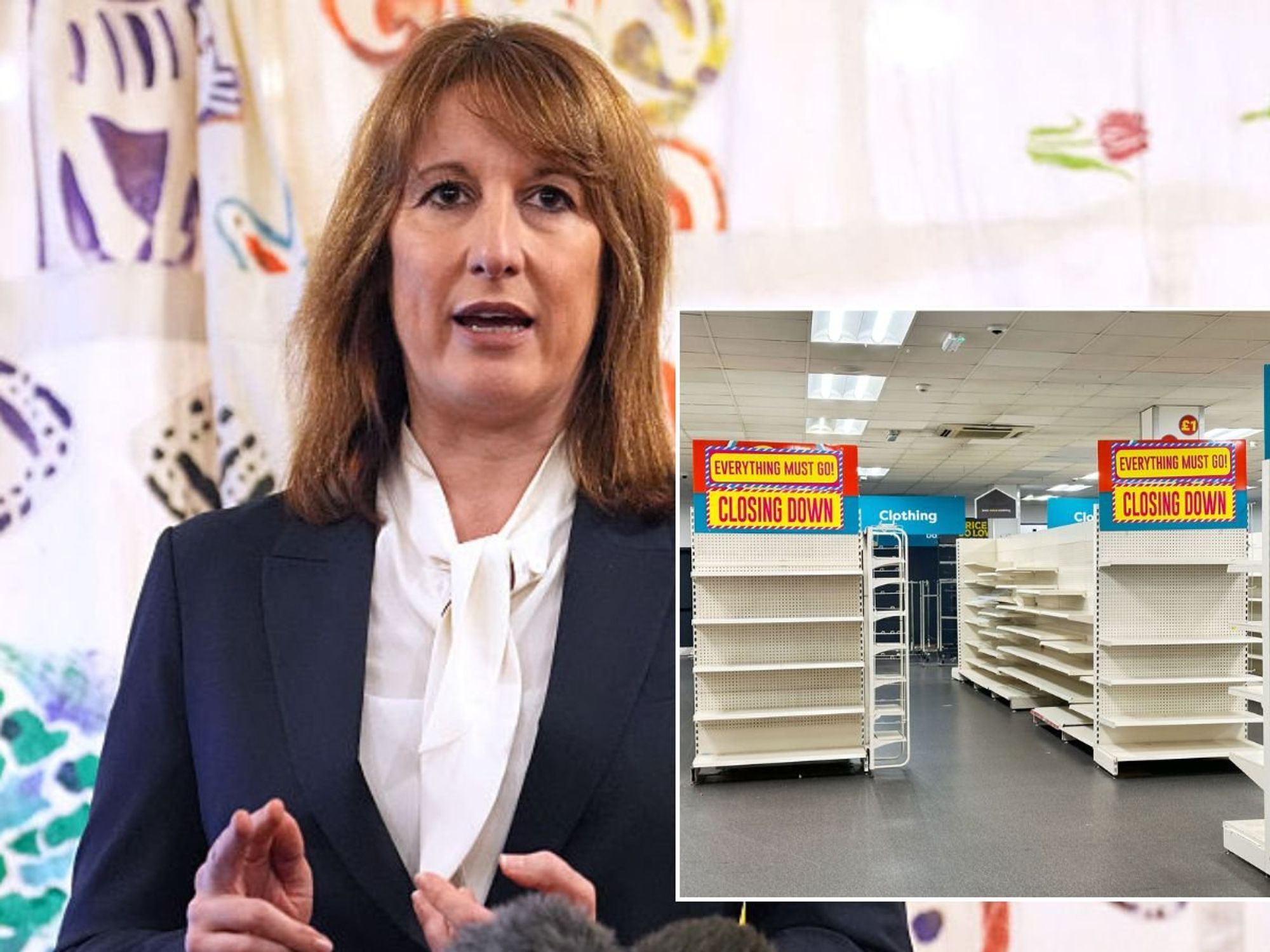Scrapping ‘unfair’ inheritance tax relief loophole could raise billions for HMRC

HMRC could generate billions of pounds by reforming current inheritance tax relief rules
Don't Miss
Most Read
Latest
The Government is being urged to close “unfair” inheritance tax (IHT) loopholes, which could raise more money for HM Revenue and Customs (HMRC).
Agricultural relief will be extended to include “environmental land management” from next April, but a think-tank argues the benefits of this expansion is “so small as to be almost fiscally irrelevant”.
The upcoming change will mean landowners can pass on any amount of “agricultural land” tax-free, even in certain situations where the area is not being used for agriculture purposes.
According to HMRC, it will only cost £5million every year by the 2028/29 tax year while £400million of tax on agricultural land is passed on at death annually already under agricultural relief.
In a new report, authored by senior research economist David Sturrock and research fellow Arun Advani, the Institute for Fiscal Studies (IFS) called for reform to make IHT fairer and generate more tax revenue.
Citing the latest IHT relief expansion, the pair said: “If rural land can be passed on free of inheritance tax when farmed, but not when used for conservation purposes, it clearly disincentivises the latter.
Do you have a money story you’d like to share? Get in touch by emailing money@gbnews.uk.

Experts are calling fore reform to inheritance tax loopholes
|GETTY
“This creates understandable pressure for a tax break, leading to a new carve-out and reduction in revenues.
“The fundamental problem here is that once a relief is created, there are always arguments for expanding its scope to avoid some unfairness at the margin.
"The root of the problem is the creation of the special relief in the first place.”
Notably, the Institute for Fiscal Studies singled out three particular reliefs and exemptions which it believes are unfair and could generate revenue for HMRC if scrapped.
These include:
- The removal of special treatment for AIM shares
- Capping agricultural and business reliefs
- Ending the tax-free passing-on of pension pots.
AIM is the London Stock Exchange’s (LSE) market for small and middle-sized companies with listed shares that have been held for two years before death get a 100 per cent IHT relief as part of business relief.
If this is overhauled, the IFS estimates this would raise £1.1billion in the current tax year, which would increase to £1.6billion by 2029-30.
Furthermore, the think tank cited that current agricultural and business relief for inheritance tax cost between £400million and £1.4billion annually.
If the relief is capped at £500,000 per person, the Institute for Fiscal Studies forecasts that £1.4billion in the current tax year, jumping to £1.8billion in the 2029/30 tax year.
Finally, defined contribution pension pots are able to be passed on inheritance tax-free which the IFS says “serves no economic purpose and is clearly unfair”.
LATEST DEVELOPMENTS:
 The standard inheritance tax rate is 40 per cent above the £325,000 threshold | GETTY
The standard inheritance tax rate is 40 per cent above the £325,000 threshold | GETTYHowever, the organisation projects that including the value of defined contribution pension pots in estates would generate £200million in the present tax year, rising to around £400million in five years time.
Inheritance tax is levy on someone’s estate, including their money, possessions and property, after they have died. It is usually charged at a rate of 40 per cent on parts of an estate worth more than the £325,000 threshold.
People may be able to increase their threshold, via the residence nil rate band (RNRB), and married couples and civil partners can transfer their unused allowance to their partner.
Certain parts of an estate are exempt from IHT, including some wedding gifts and charitable donations, with some properties entitled to relief, like farms and business assets.











